MercoPress. South Atlantic News Agency
Tag: Vaca Muerta
-
Thursday, January 20th 2022 - 20:16 UTC
December 2021 marks record oil output for Argentina in last 9 years

In the last month of 2021, Argentina has recorded a total oil output of around 559,000 barrels per day (BPD), thus reaching the highest production for the country over the past nine years, it was reported Thursday.
-
Thursday, December 23rd 2021 - 20:20 UTC
Argentina's oil exports on the rise

Two shipments of Vaca Muerta crude oil carrying around 490,000 barrels each from Puerto Rosales to Porto Alegre in Brazil represent a sizeable increase in exports from the Neuquén Basin, it was reported.
-
Wednesday, November 3rd 2021 - 03:45 UTC
Energy exports to Brazil to finance Argentina's infrastructure works

Argentina's Energy Ministry has ruled that energy exports to Brazil will finance the Vaca Muerta gas pipeline and electrical transportation works, it was announced Tuesday.
-
Saturday, October 30th 2021 - 09:22 UTC
Vaca Muerta boosts Argentina's oil output to record number of BPDs
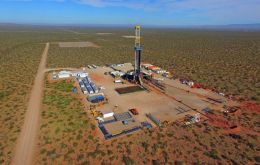
Argentina's output of crude oil has reached an unprecedented 532,566 barrels per day in September 2021, according to a report released Friday by the private firm Regional Investment Consulting (Ricsa), thus surpassing the previous highest mark of 528,782 bpds from March 2020, when the COVID-19 pandemic broke out.
-
Friday, October 22nd 2021 - 08:40 UTC
Argentine province of Neuquén produces highest amounts of oil in 17 years
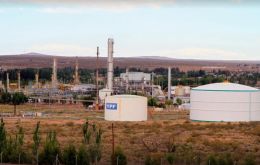
Thanks to the increasing output from Vaca Muerta, the Argentine province of Neuquén Thursday announced it had extracted an average of 213,808 barrels per day (BPD) during September of 2021, which represented a 40.19% increase against last year's figures.
-
Monday, October 18th 2021 - 08:49 UTC
Puerto Rosales to invest in monobuoys to allow for more Argentine crude exports
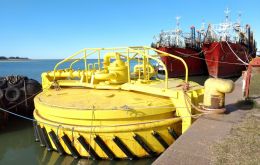
Puerto Rosales in the Argentine city of Punta Alta continues to consolidate itself as the main point of exit of crude oil from Vaca Muerta, having dispatched so far 900,000 tons in 2021.
-
Wednesday, October 6th 2021 - 05:15 UTC
Argentina now sells gas to Chile and Brazil
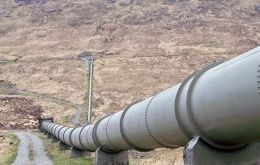
Argentina is now in a position to sell gas to neighbouring Chile and Brazil thanks to the Gas Plan and Vaca Muerta's potential, it was announced.
-
Thursday, September 30th 2021 - 09:00 UTC
Can Argentina Finally Realize Its Oil Potential?
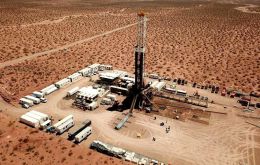
By Matthew Smith for Oilprice.com – For a decade, successive Argentine governments in Buenos Aires have enacted a range of policies aimed at reducing energy imports and exploiting the Latin American country’s vast hydrocarbon potential.
-
Friday, August 20th 2021 - 14:09 UTC
Brazil interested in buying gas from Argentina's Vaca Muerta
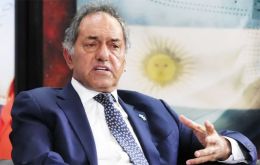
Brazilian President Jair Bolsonaro Thursday announced in his weekly broadcast on social media that his country had started negotiations to purchase gas from Argentina's Vaca Muerta. “It is not easy to start importing gas, creating, building pipelines,” Bolsonaro said.
-
Monday, May 17th 2021 - 09:05 UTC
Hydrocarbons: Argentina going up as world goes down
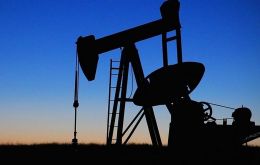
The University of Buenos Aires (UBA)'s Gas and Petroleum Institute Director Aníbal Mellano said in an interview published Sunday in the Ambito Financiero newspaper that his country was “in an ascending cycle, within a descending world cycle for hydrocarbons.”
